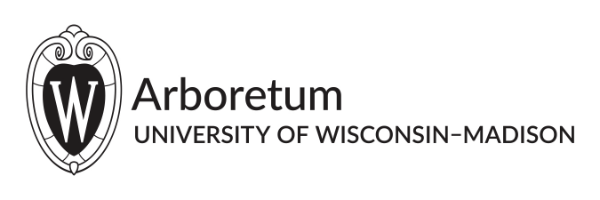Citizen
Science the Centerpiece at Trinational Monarch Workshop
October
27-29, 2008
Saltillo, Coahuila, Mexico
A monarch workshop was held in northern Mexico in late October for teams of scientists and conservationists from Mexico, Canada, and the United States. The workshop was led by monarch scientist Dr. Karen Oberhauser and Dr. Tom Hammond of the Commission for Environmental Cooperation (CEC) the tri-national governmental body who sponsored the workshop. The CEC fosters cooperative projects that protect North America's shared natural resources, such as the monarch.
"The goal of the workshop is to engage more individuals in monarch monitoring programs such as Project MonarchHealth, Monarch Watch, the Monarch Larva Monitoring Project and Journey North. We hope that by working together, sharing data, and involving people throughout monarchs' migratory range we'll learn even more about this amazing insect," said Dr. Oberhauser.
“We would not know what we know about monarchs without citizen science,” she emphasized. “Citizen science is necessary to our understanding of monarchs.”
Where are the biggest holes in scientific knowledge?
1) Migration is the stage of the monarch's annual cycle that is least understood, especially fall migration, and 2) little is known about when, where, and to what extent monarchs breed in Mexico.
The overarching challenge for scientists is to understand how monarchs are faring in North America, and to understand the threats monarchs face. Help from citizen scientists is the centerpiece of the scientists' strategy for meeting this challenge.
Language is the main barrier to communication between people in North America, including scientists. Those attending the workshop spoke Spanish, English, and French. Communication was possible with help from translators throughout the three-day meeting. Wearing headsets, participants had the chance to hear about work that is already taking place in each of the three countries. People were able to communicate freely and make plans for future collaboration and coordination.
Dr. Karen Oberhauser has just finished writing a monarch monitoring handbook. Using the handbook, participants learned how to tag monarchs, count migrating monarchs, assess the health of monarchs and share data on the web. Each national team looked for ways to involve citizens from their respective countries in monarch monitoring.
The handbook will soon be available on the CEC website in three languages, complete with monitoring protocols and data sheets, so people throughout the monarch flyway can participate in this important work.

Teams
from Mexico, the United States and Canada attended the monarch workshop
in Saltillo, Coahuila, Mexico. >>
Photo courtesy of Don Davis

Dr. Karen Oberhauser, lead scientist at the workshop. >>

"Three Countries, One Environment" is the motto of the Commission on Environmental Coopration who sponsored the workshop. >>
A translator
at the workshop.
Language is the main barrier to communication between people in North
America, including scientists. >>

Available
Soon!
Handbook for Monitoring Monarch Butterflies in North America >>



